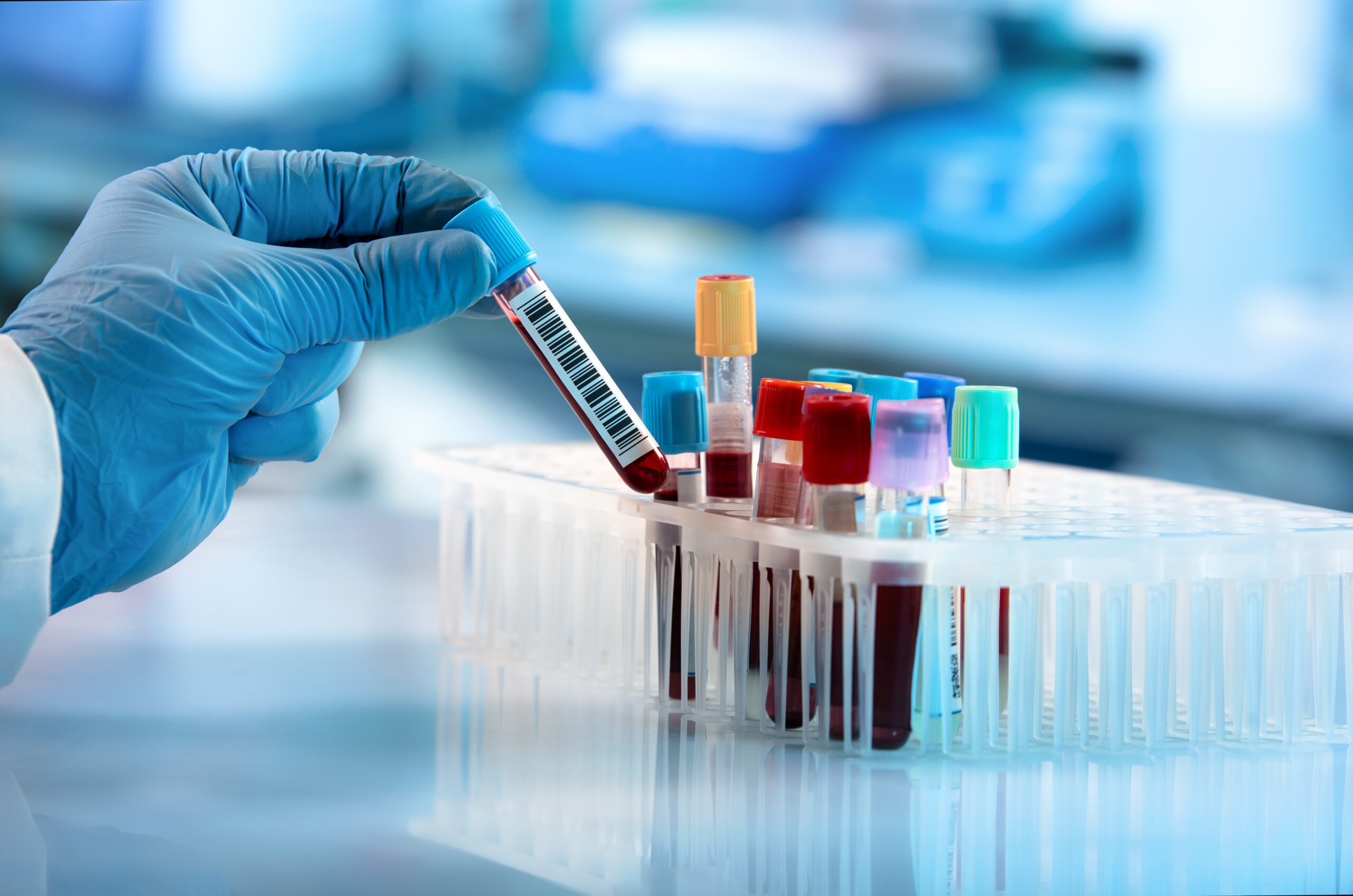Shining a Light on Cancer Diagnostics: The FDA’s Oncology Dx Pilot Program Explained
Imagine this: you’re diagnosed with cancer, and your doctor recommends a groundbreaking new treatment. But there’s a catch – it only works for patients with a specific genetic marker. How do you know if you have that marker? That’s where companion diagnostics come in – tests designed to identify patients who will benefit from specific cancer treatments.
For years, these tests have played a crucial role in precision medicine, tailoring treatment to a patient’s unique biology. But in the world of companion diagnostics, not everything is cut and dried. Laboratory developed tests (LDTs), often used in these situations, can vary in accuracy and reliability, potentially affecting patient care.
Enter the FDA’s Oncology Dx Pilot Program, launched in June 2023. This initiative aims to shed light on this critical area by introducing a new approach to companion diagnostics for certain oncology drugs.
Here’s how it works:
- Transparency through performance standards: The FDA sets minimum performance benchmarks for the tests used to identify patients for specific drugs in the program. This means no more guessing; patients and healthcare providers have a clear understanding of the test’s reliability.
- Clinical trial data takes center stage: These performance standards are based on the same tests used in the drug’s pivotal clinical trials, ensuring they’re relevant and effective.
- Drug labels tell the story: Approved drug labels will explicitly state that the drug is only for patients identified by tests meeting the FDA’s recommendations. This puts the onus on test developers to ensure their tests meet the mark.
The potential benefits are clear:
- Improved patient care: Accurate and reliable tests lead to the right treatment for the right patient, maximizing the chances of a successful outcome.
- Reduced risks: Poorly performing tests can lead to inaccurate diagnoses and ineffective treatments. The program minimizes these risks.
- Streamlined test development: Leveraging data from clinical trials can help test developers create accurate and reliable tests faster and more efficiently.
Of course, it’s not all sunshine and rainbows:
- Early days, limited scope: The program is still in its infancy, and only a handful of companies are currently participating. Its long-term impact and broader applicability remain to be seen.
- LDT oversight questions: The program doesn’t address the broader issue of LDT regulation, a complex and ongoing debate.
But the Oncology Dx Pilot Program is a bold step in the right direction. It shines a light on the murky world of companion diagnostics, promoting transparency and potentially improving patient care for those battling cancer. As the program evolves and expands, we can hope for a future where the right test, at the right time, leads to the right treatment for every patient.
This is just the beginning of the conversation. What are your thoughts on the Oncology Dx Pilot Program? Do you see it as a game-changer for cancer diagnostics?




